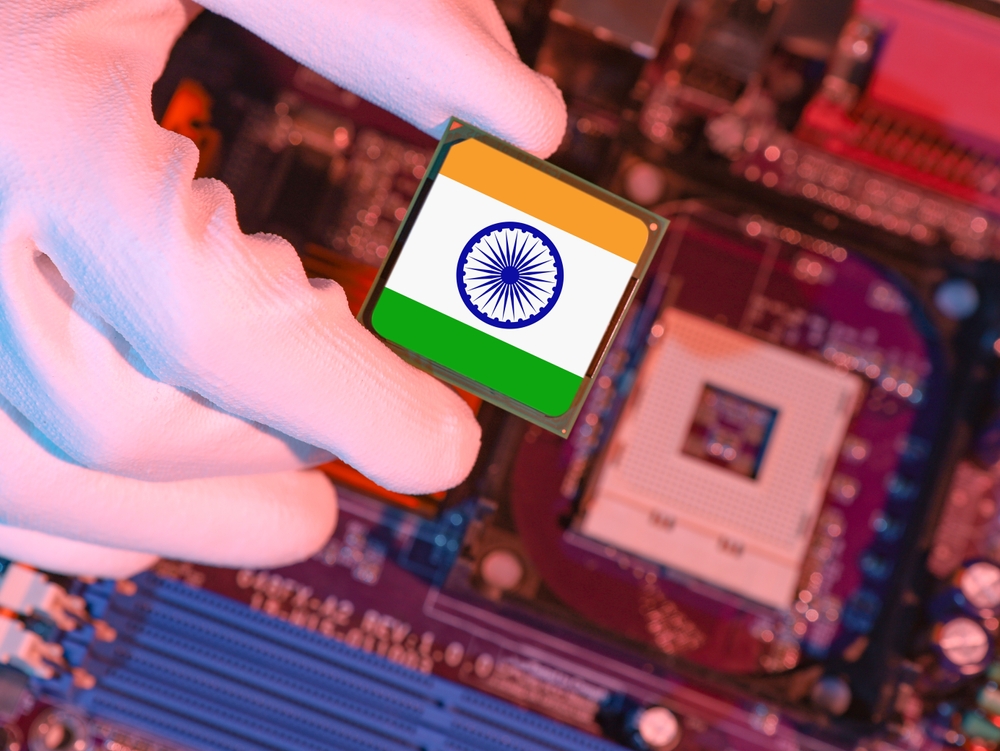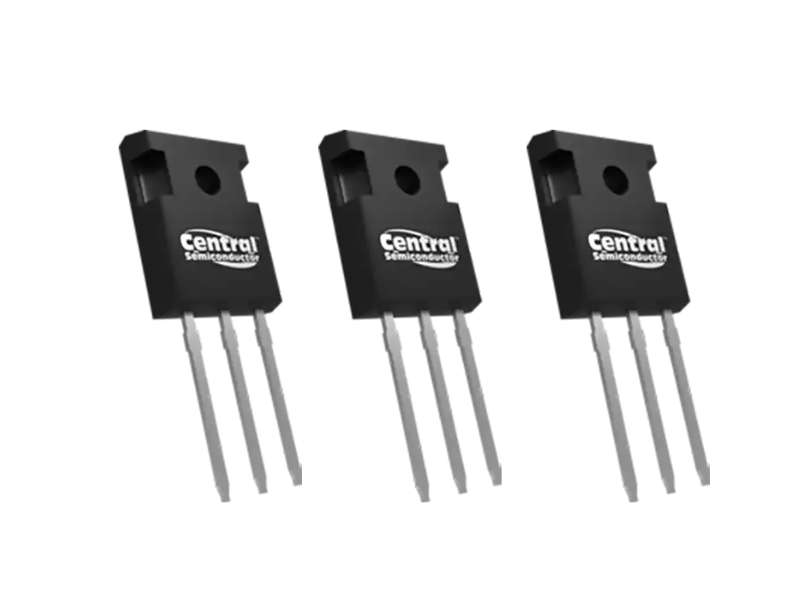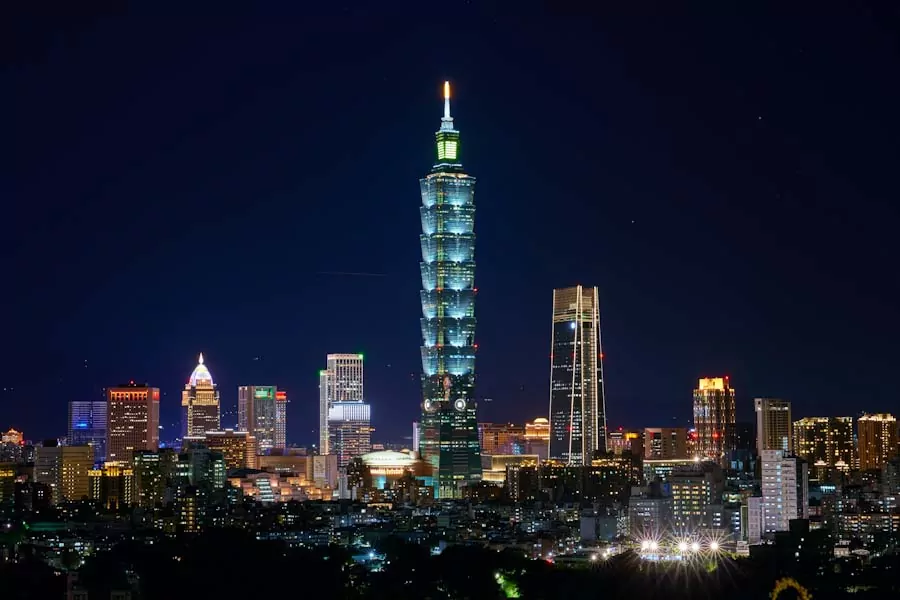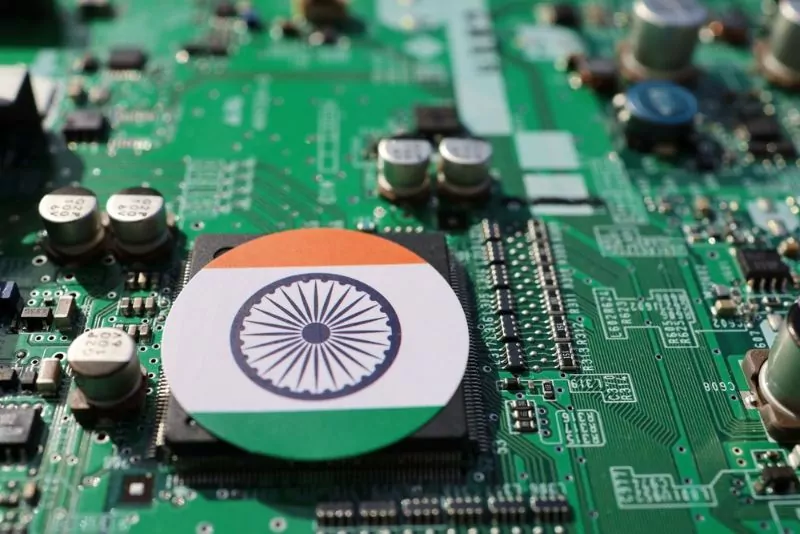The sun is rising again in the semiconductor industry as Taiwanese powerhouses forge a strategic partnership with Japan. This alliance, fueled by geopolitical tensions, escalating production costs, and the search for stability, is set to transform global supply chains and promises a potential renaissance for Japan’s chip manufacturing sector.
Taiwanese giants like TSMC are aggressively expanding their presence in Japan. This marks a deliberate shift from their traditional reliance on domestic production, driven by the US-China tech conflict and Taiwan’s own internal challenges. “Concern over the ‘five shortages’ threatening Taiwan’s semiconductor industry” is paramount, with factors like power supply volatility, water scarcity, labor constraints, and limited land availability threatening both security and profitability.
Japan offers a compelling solution. TSMC’s remarkable progress on its Kumamoto plant, completed ahead of schedule, highlights the country’s skilled workforce and efficient construction processes. This contrasts to the delays plaguing the company’s US and European expansions. TSMC Chairman Mark Liu directly acknowledged this advantage, expressing “deep gratitude” to the Japanese contractor for ensuring timely plant completion. The recent announcement of a second Kumamoto plant, geared towards cutting-edge AI and telecom chip production, signals deepening trust and underscores Japan’s strategic importance.
Electronics engineers and industry players must take heed. Supply chains could become less vulnerable to Taiwan-related disruptions, while new opportunities for collaboration and component sourcing will emerge within Japan’s revitalized sector.
Crucially, this partnership isn’t simply about government subsidies. While generous incentives were offered, Taiwanese firms prioritise profit maximisation. TSMC founder Morris Chang underscored this, stating, “TSMC is a listed corporation with a market capitalisation of $700 billion, and its shareholders would never stand for a management strategy keyed to national security rather than corporate value.” Japan’s attractiveness lies in its reliable infrastructure, smooth operations, and skilled labor – factors essential for long-term profitability.
For Japan, this partnership offers a chance to regain its chipmaking prowess. It’s crucial, however, to understand the motivations driving Taiwanese investment. By ensuring continued “low-cost domestic production” advantages and building on demonstrated strengths, Japan can position itself as an indispensable partner and secure a sustainable, mutually beneficial semiconductor revival.
This evolving alliance reflects a complex interplay of security concerns, economic realities, and technological ambition. Its success hinges on both parties’ strategic alignment and a commitment to leveraging their combined strengths within this new chapter of the global chip industry.
Thousands of senior engineers and procurement professionals subscribe to our LinkedIn Market Intel newsletter – get yours here
For more help with looking at supply chain options, contact Astute Electronics






